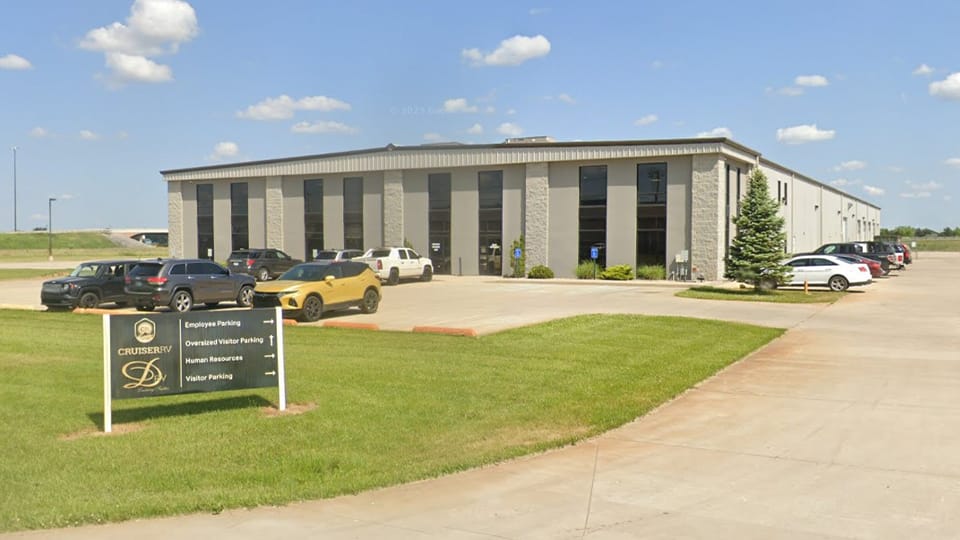Job Shock: RV Industry Slashes Workforce Across Northern Indiana

Thor Industries, a leading recreational vehicle manufacturer based in Elkhart, is set to implement significant workforce reductions across its operations. The company plans to lay off approximately 450 employees at three of its subsidiaries, with the cuts spanning locations in both Elkhart and LaGrange counties.
This strategic workforce adjustment reflects the ongoing challenges in the RV manufacturing sector, potentially signaling broader economic shifts or internal restructuring efforts. The layoffs will impact multiple facilities, highlighting the complex dynamics of the recreational vehicle industry in Northern Indiana.
While the specific reasons behind the workforce reduction remain unclear, such moves are not uncommon in manufacturing environments that must quickly adapt to changing market conditions and consumer demands. Affected employees and local communities are likely to feel the immediate economic impact of these planned job cuts.
